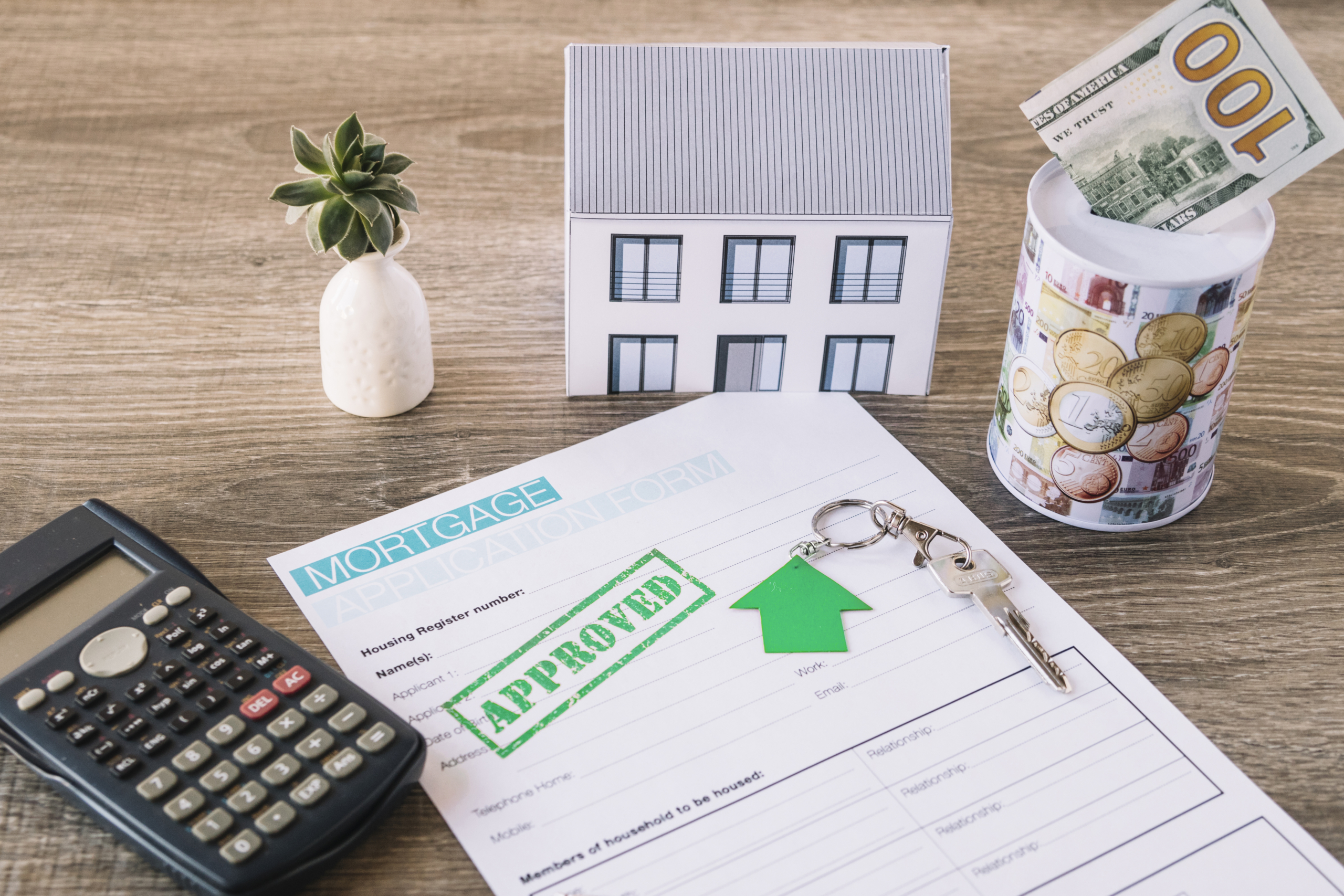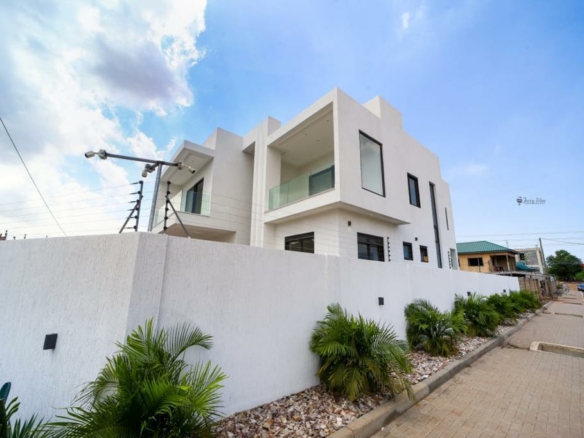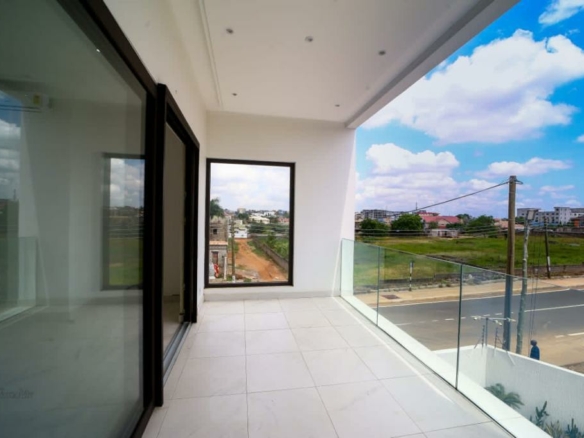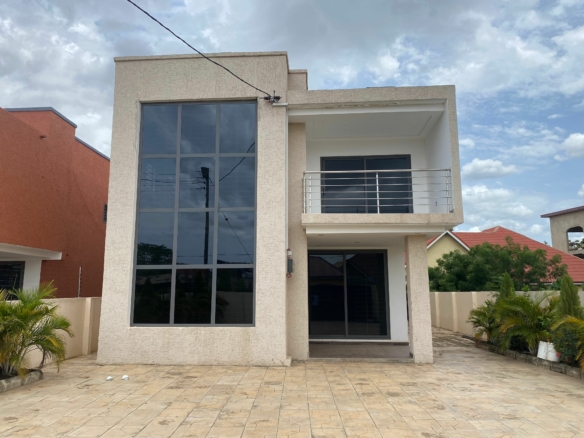Navigating Ghana’s Evolving Property Tax Landscape
Ghana’s real estate sector has witnessed significant regulatory changes in recent years, with Value Added Tax (VAT) on rental properties becoming a critical consideration for property owners nationwide. As the property market continues to mature and contribute substantially to Ghana’s economic growth, understanding the new property VAT for landlords in Ghana is crucial for those looking to remain compliant while maximising their rental income.
Whether you’re a seasoned property investor with multiple commercial properties or an individual renting out a single residential unit, these tax regulations directly impact your bottom line. This guide aims to demystify the current VAT framework for property rentals in Ghana, helping you navigate the tax landscape with confidence and compliance.
Ghana’s Current Property VAT Framework
The 5% Flat VAT Rate: Commercial Properties
One of the most significant developments in Ghana’s property taxation system is the introduction of a 5% flat VAT rate specifically for commercial property rentals. This rate applies to most commercial properties but notably excludes both residential dwellings and commercial rental establishments (which we’ll discuss separately).
This flat rate simplifies tax calculations for many landlords who rent out office spaces, retail units, warehouses, and similar commercial properties. The 5% rate represents a reduced burden compared to the standard VAT rate, acknowledging the important role that commercial real estate plays in supporting business growth across Ghana.
Properties subject to the 5% flat VAT rate include:
- Office buildings and individual office units
- Retail spaces and shops
- Industrial properties
- Warehouses and storage facilities
- Commercial land rentals
The Standard 15% VAT Rate: Commercial Rental Establishments
While many commercial properties benefit from the reduced 5% rate, commercial rental establishments face a higher tax burden, with the standard 15% VAT rate applying to their rental income.
Commercial rental establishments typically include:
- Hotels and resorts
- Short-stay apartment complexes primarily serve tourists
- Serviced apartments with hotel-like amenities
- Event venues and conference centres
- Other properties offering short-term, hospitality-focused accommodations
The higher rate reflects the additional value-added services these establishments typically provide beyond basic property rental, such as housekeeping, security, and other hospitality services.
VAT Exemptions: Residential Dwellings
In a move that benefits both landlords and tenants in Ghana’s residential sector, residential dwellings remain entirely exempt from VAT. This exemption recognizes housing as a basic necessity and helps keep residential rentals more affordable in a country facing significant housing challenges.
Properties that qualify for VAT exemption include:
- Private homes and apartments for long-term residence
- Family houses
- Shared accommodations where the primary purpose is residential living
- Student accommodations that serve as primary residences during academic terms
Practical Implications for Different Types of Landlords
For Commercial Property Owners
If you own and rent out commercial properties like offices or retail spaces, you must:
- Register for VAT with the Ghana Revenue Authority (GRA) if your annual rental income exceeds the threshold (currently GH₵200,000)
- Apply the 5% flat VAT rate to your rental charges
- Issue VAT invoices to your tenants
- File regular VAT returns and remit collected taxes to the GRA
- Maintain proper records of all rental transactions and VAT payments
Potential Benefit: As a VAT-registered landlord, you can claim input VAT on expenses related to your commercial property, potentially reducing your overall tax burden.
For Owners of Commercial Rental Establishments
If you operate hotels, serviced apartments, or similar establishments:
- The standard 15% VAT rate applies to your rental income
- You must issue standard VAT invoices
- More detailed VAT accounting is required
- You can claim input VAT on a wider range of business expenses
For Residential Property Landlords
If you exclusively rent out residential properties:
- No VAT registration is required specifically for your rental activities
- No VAT should be charged on your residential rental income
- Simpler accounting and record-keeping requirements apply
- Focus on compliance with rental income tax rather than VAT
Common Challenges and Solutions
Determining Property Classification
One frequent challenge landlords face is determining the correct classification of their properties, particularly in mixed-use scenarios. Properties that serve both residential and commercial purposes require careful assessment to determine the appropriate VAT treatment.
Solution: Consider seeking professional tax advice for proper classification. If necessary, obtain written clarification from the GRA regarding your specific property’s status.
Managing VAT Registration Thresholds
Another challenge involves monitoring rental income to determine when VAT registration becomes mandatory.
Solution: Implement robust accounting systems to track your rental revenue. Consider voluntary registration if you’re approaching the threshold, as this allows you to claim input VAT on your expenses.
Navigating VAT on Property Improvements
Significant improvements or renovations to rental properties have complex VAT implications.
Solution: Maintain detailed records of all capital improvements and consult with a tax professional to determine which expenses qualify for input VAT claims and how they affect your property’s value for future VAT calculations.
Steps for VAT Compliance for Landlords
1. Determine Your VAT Status
First, assess whether your property rental activities require VAT registration based on:
- The type of property (commercial, residential, or mixed-use)
- Your annual rental income
- Whether you provide additional services beyond basic property rental
2. Register for VAT (If Required)
If your commercial property rental income exceeds GH₵200,000 annually or you operate a commercial rental establishment:
- Register with the GRA either online or at your local tax office
- Obtain your VAT registration certificate and Tax Identification Number (TIN)
- Understand your filing and payment obligations
3. Implement Proper VAT Practices
Once registered:
- Update your rental agreements to clearly state VAT obligations
- Set up systems to issue proper VAT invoices
- Maintain separate records for different property types if you have a mixed portfolio
- Establish procedures for timely filing and payment
4. Stay Informed About Regulatory Changes
Tax regulations evolve frequently in Ghana’s dynamic economy:
- Subscribe to GRA newsletters and updates
- Consider joining real estate associations that provide regulatory updates
- Work with tax professionals who specialise in property taxation
Looking Ahead: Potential Changes in Ghana’s Property VAT Landscape
As Ghana continues to develop its tax framework, landlords should prepare for possible future changes:
- Further refinement of VAT categories for different property types
- Potential adjustments to registration thresholds
- Possible introduction of digital reporting requirements
- Enhanced enforcement measures by tax authorities
Staying informed about these potential developments will help landlords adapt their business models and maintain compliance.
Conclusion: Balancing Compliance and Profitability
Understanding and correctly implementing Ghana’s property VAT rules is essential for all landlords operating in the country. By properly classifying your properties, registering when required, and maintaining accurate records, you can ensure compliance while optimising your tax position.
The 5% flat VAT rate for commercial property owners represents a relatively manageable tax burden, while residential landlords benefit from complete VAT exemption. In all cases, proper compliance not only avoids penalties but also contributes to Ghana’s economic development through fair tax collection.
For personalized advice regarding your specific property portfolio and VAT obligations, consider consulting with a tax professional familiar with Ghana’s real estate sector. Additionally, platforms like Ghana Property Finder offer resources and connections to help landlords navigate these complex tax considerations.
Frequently Asked Questions
1. Do I need to register for VAT if I only rent out residential properties?
No, residential property rentals are exempt from VAT in Ghana. You do not need to register for VAT specifically for residential rental activities.
2. What happens if my commercial rental income exceeds the VAT threshold mid-year?
You are required to register for VAT within 30 days of exceeding the threshold. Late registration may result in penalties, so it’s important to monitor your rental income closely.
3. Can I voluntarily register for VAT even if my rental income is below the threshold?
Yes, voluntary registration is possible and might be beneficial if you incur significant VAT-eligible expenses related to your commercial property, as it allows you to claim input VAT.
4. How do I determine if my property qualifies as a “commercial rental establishment” subject to the 15% rate?
Commercial rental establishments typically provide short-term accommodations with additional services similar to hotels. If you’re uncertain, consult with a tax professional or seek clarification from the GRA.
5. Are there any special VAT considerations for foreign landlords owning property in Ghana?
Foreign landlords are subject to the same VAT rules as resident landlords. However, they may need to appoint a local tax representative to handle their VAT obligations in Ghana.
Looking for expert guidance on property investments and management in Ghana? Visit Ghana Property Finder today to explore our comprehensive listings and connect with real estate professionals who can help you maximise your property portfolio while staying tax-compliant.






